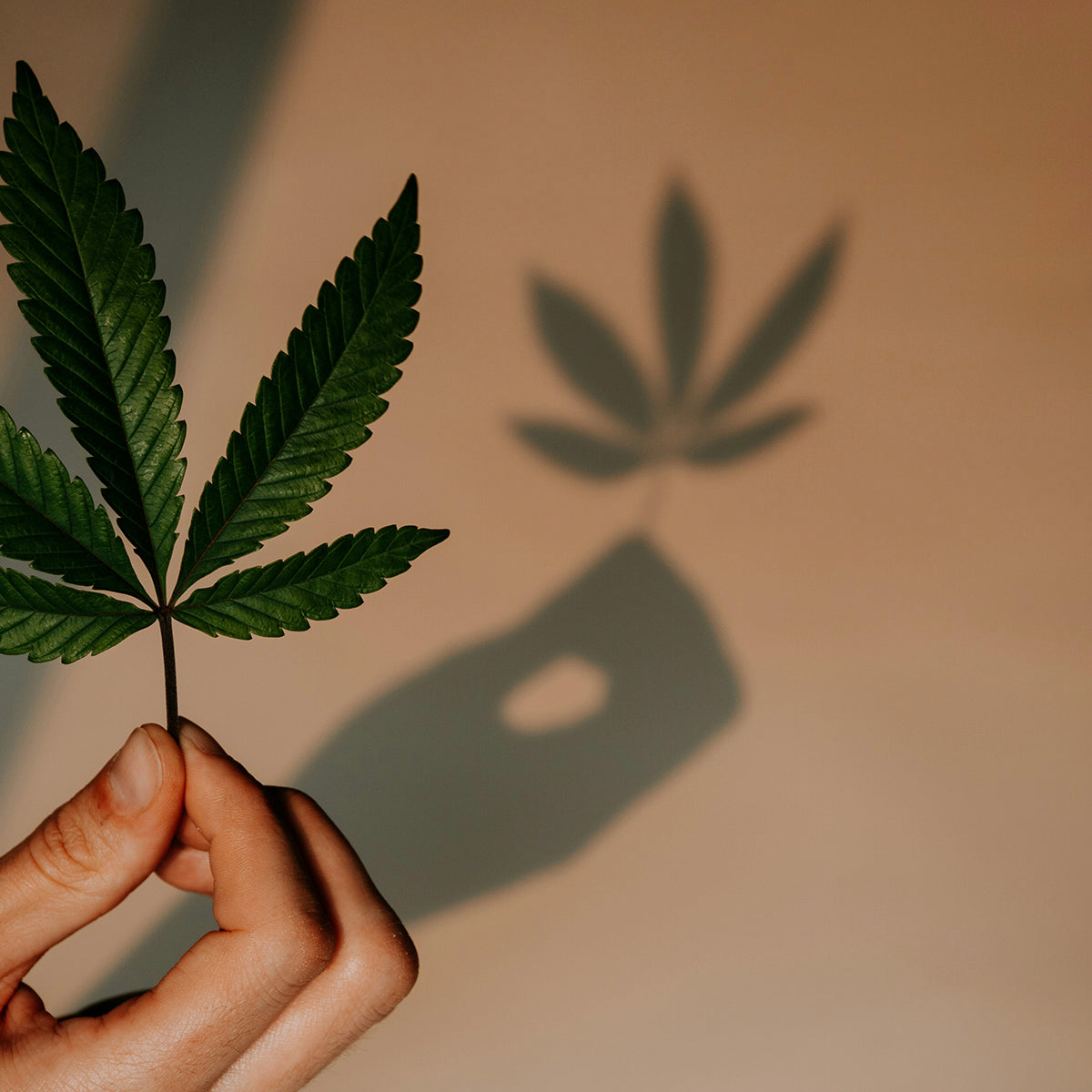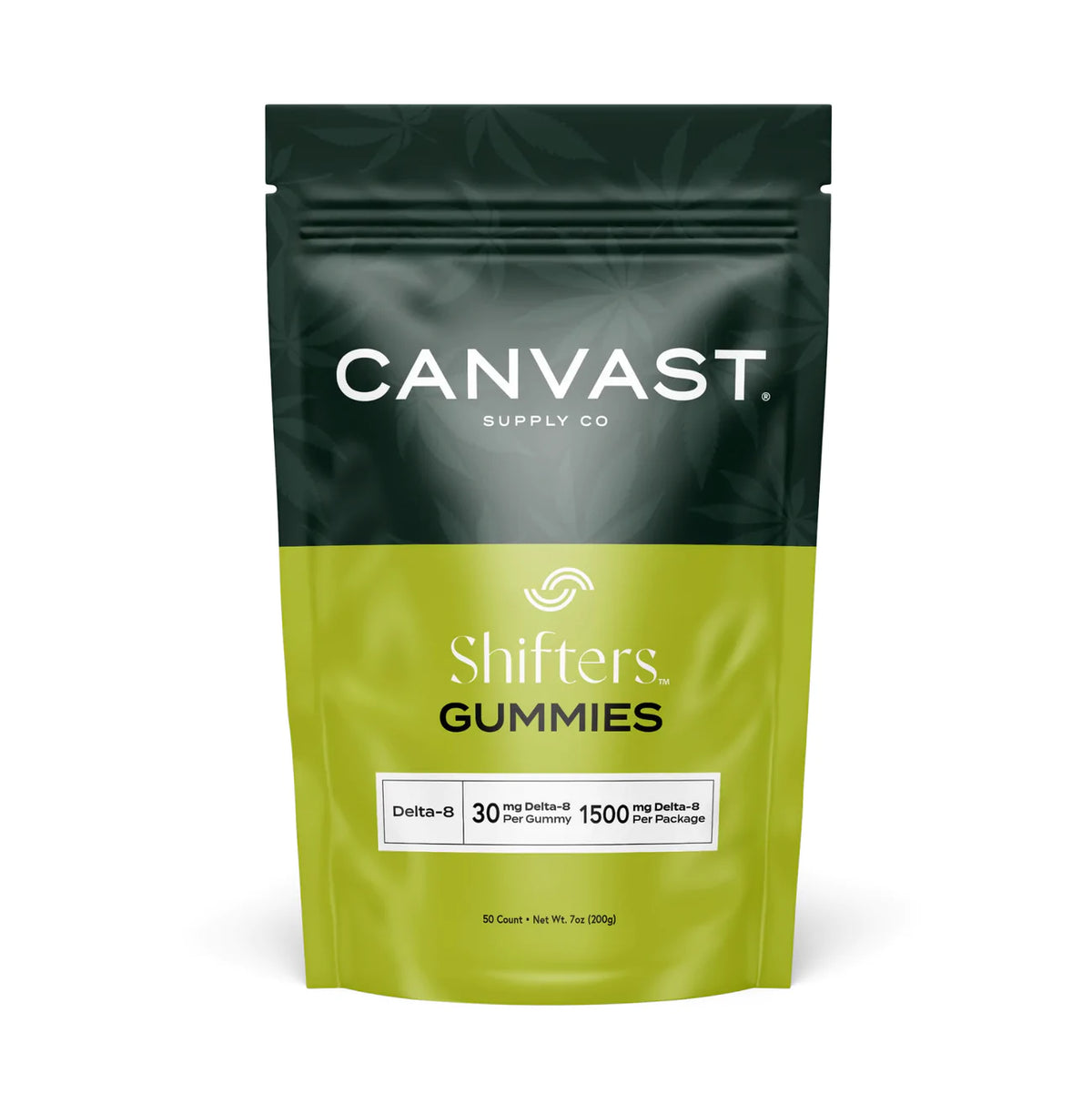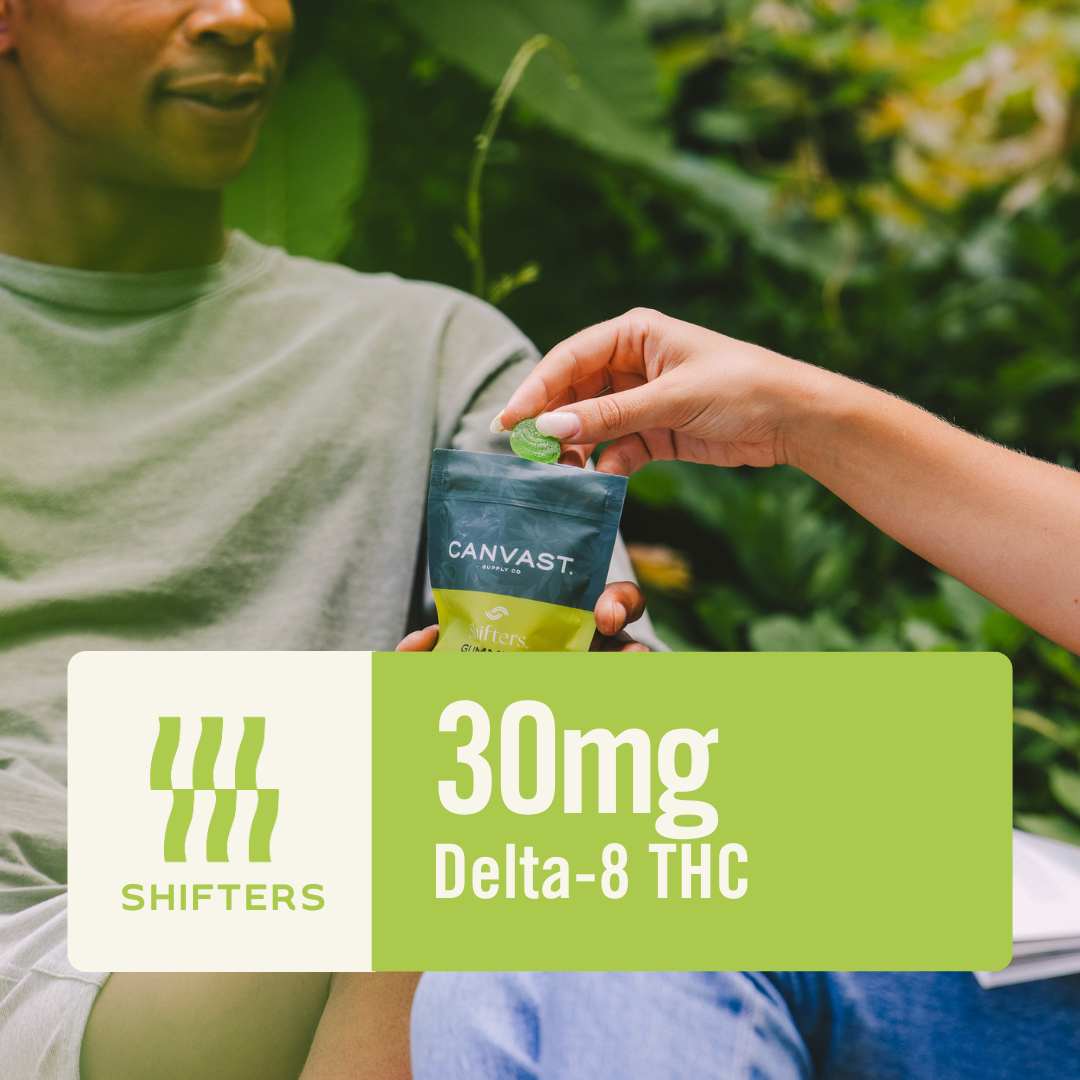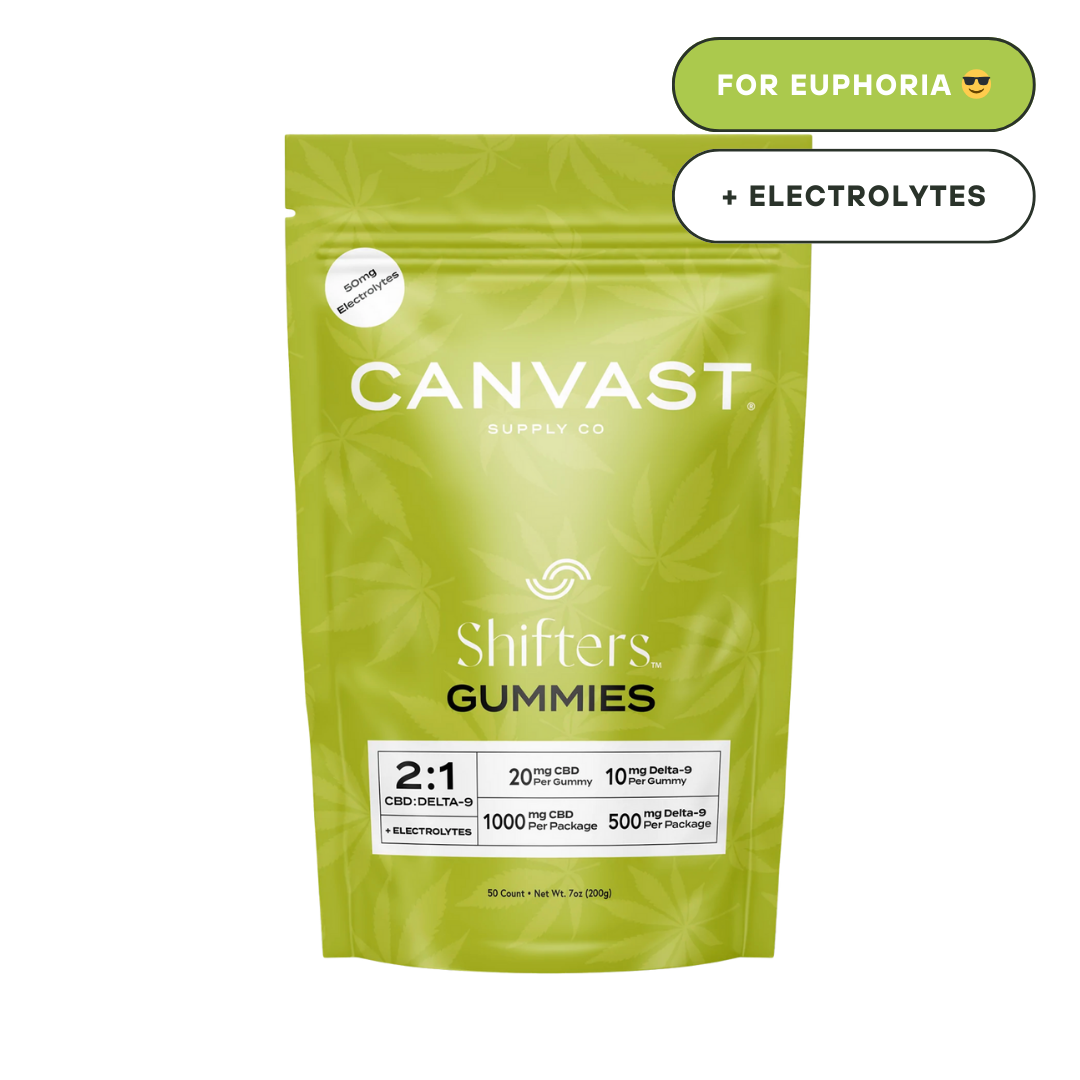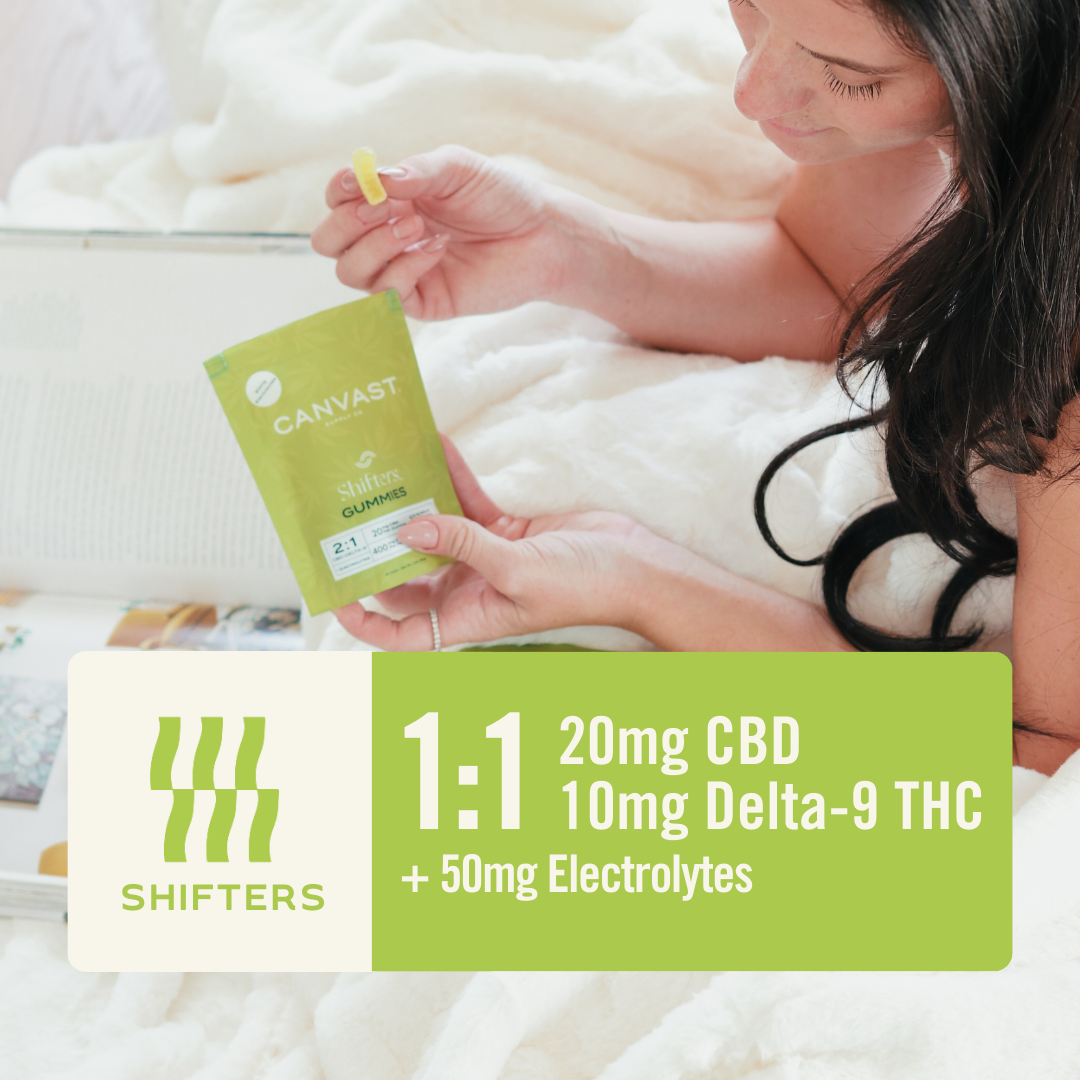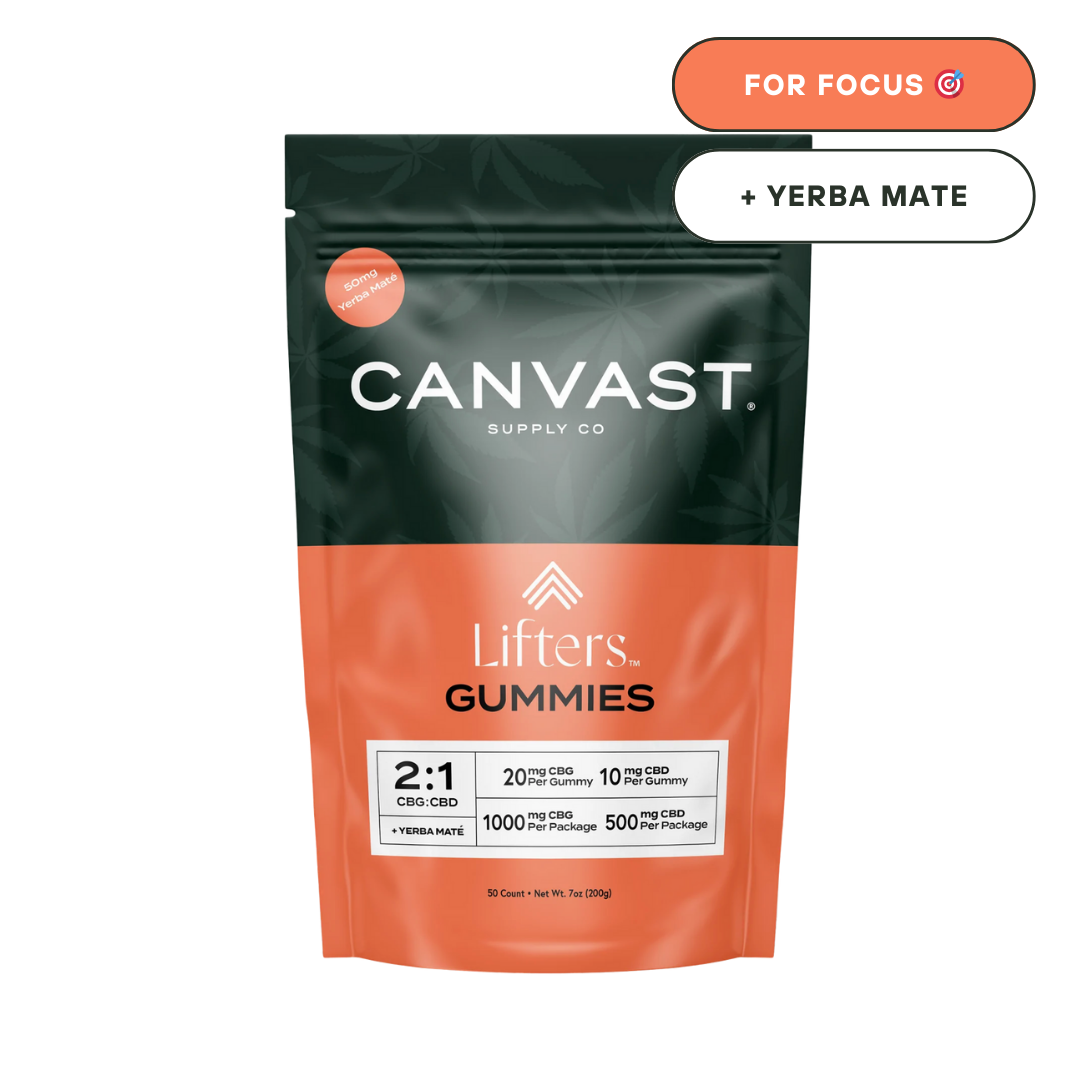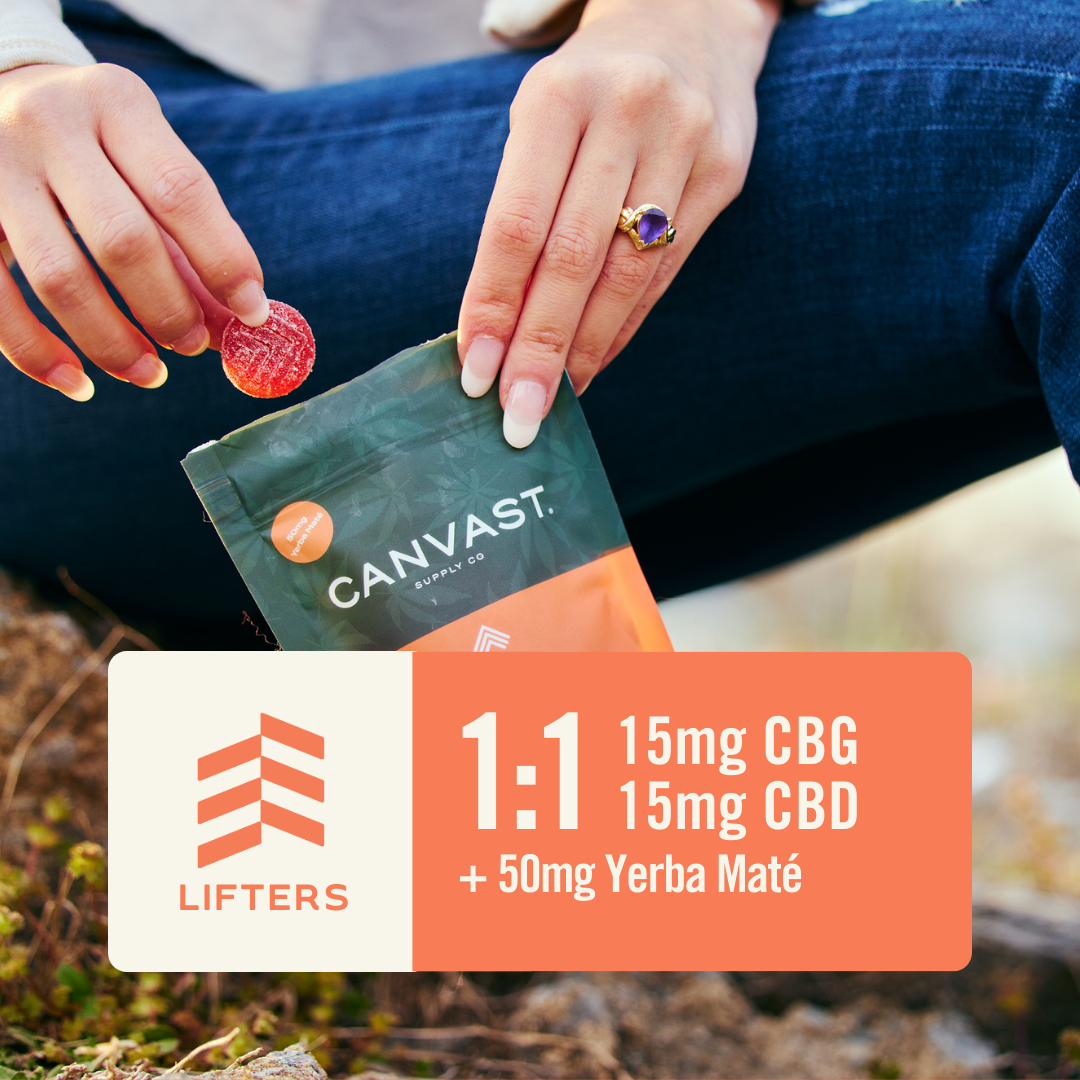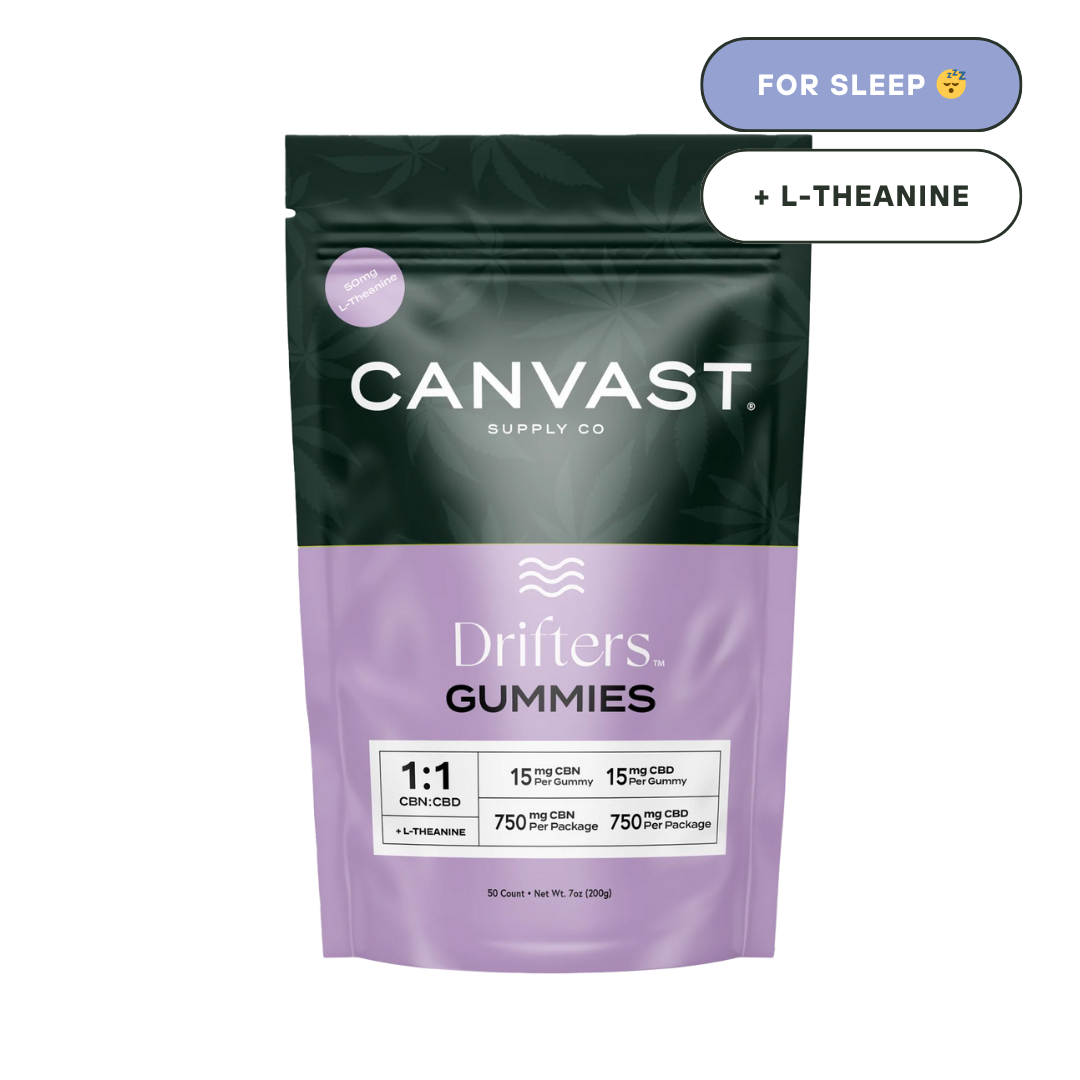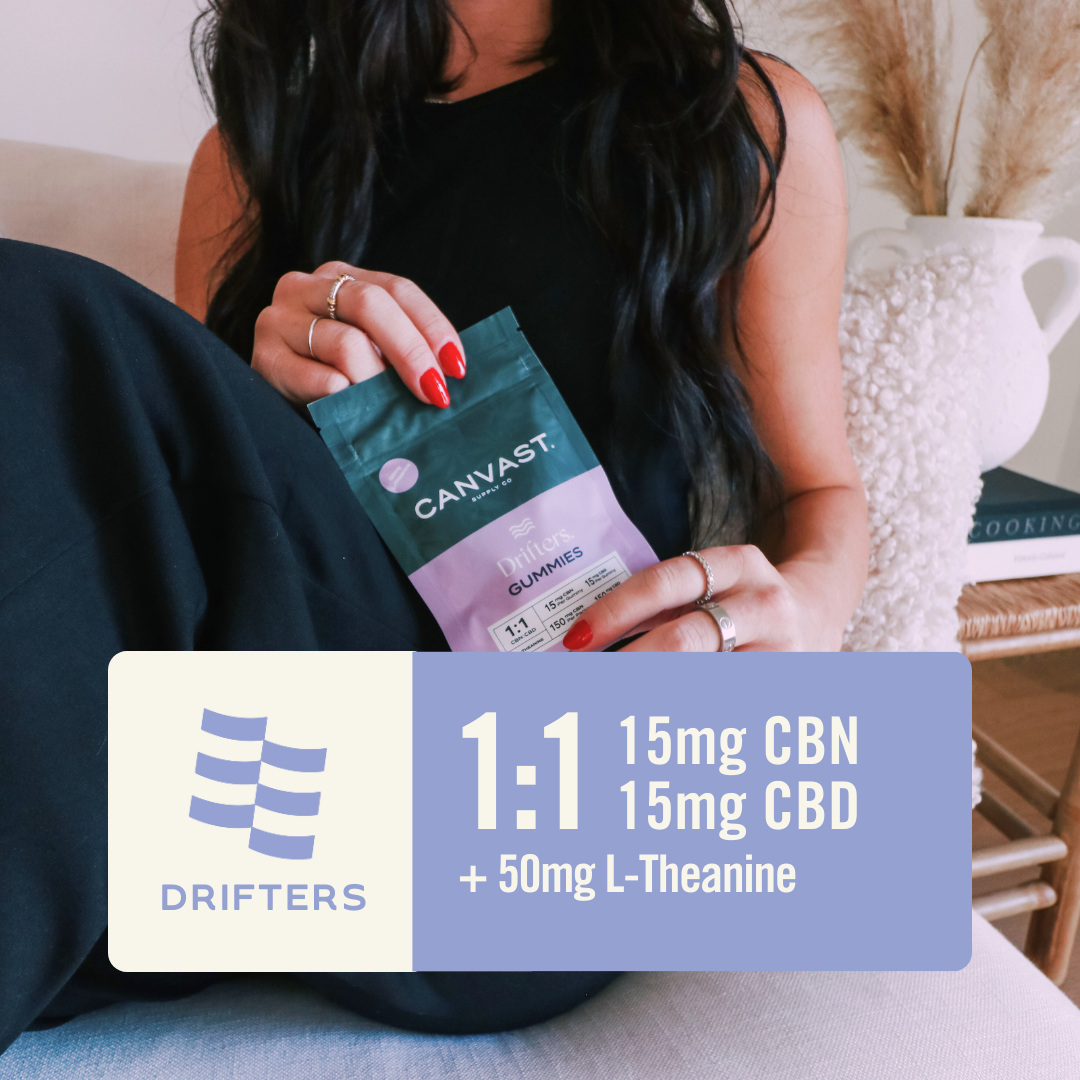Microdosing cannabis is gaining attention as a potential therapy option for mental health. The practice involves consuming small, sub-perceptual doses of cannabis to harness its benefits without experiencing the psychoactive effects commonly associated with higher doses. By carefully controlling the dosage, individuals can explore the potential therapeutic properties of cannabis while minimizing any unwanted side effects.
When it comes to microdosing cannabis for mental health, two key components play a role: THC and THCA. THC, or tetrahydrocannabinol, is the primary psychoactive compound in cannabis, responsible for the "high" sensation. On the other hand, THCA, or tetrahydrocannabinolic acid, is a non-psychoactive compound that can be converted into THC through decarboxylation. Both THC and THCA have shown promise in influencing mood, reducing anxiety, and alleviating symptoms of depression.
The cannabis industry has recognized the potential of microdosing for mental health and is actively exploring new therapy options. With the growing demand for alternative treatments, companies are developing premium CBD products tailored for microdosing, ensuring a consistent and controlled experience for users. Canvast offers Infused Hard Candies with a faster on-set and better absorption. Additionally, we add in functional mushrooms which further expand the therapeutic possibilities.

Key Takeaways:
- Microdosing cannabis involves consuming small, sub-perceptual doses for potential mental health benefits.
- THC and THCA play a role in microdosing, with THC being the psychoactive compound and THCA being its precursor.
- The cannabis industry is actively exploring microdosing as a therapy option for mental health.
- Further research is needed to fully understand the potential benefits and risks of microdosing cannabis for mental health.
The Benefits of Microdosing Cannabis for Mental Health
Microdosing cannabis has gained attention as a potential method for improving mental health. By utilizing small, carefully measured doses of cannabis, individuals may experience a range of benefits that contribute to overall well-being.
One of the primary advantages of microdosing cannabis is its potential to help with stress management. The cannabinoids found in cannabis, such as CBD (cannabidiol), have been shown to have calming properties that can assist in reducing stress and anxiety levels.
Additionally, microdosing cannabis can be complemented with the use of premium CBD products. These high-quality products provide a concentrated dose of CBD, which can further support mental health by promoting relaxation and improving mood.
Functional mushrooms are another valuable component to consider when microdosing cannabis. Certain types of mushrooms, such as lion's mane and reishi, have been studied for their potential cognitive and mood-enhancing effects. By incorporating functional mushrooms into a microdosing regimen, individuals may experience additional mental health benefits.
It's important to note that microdosing cannabis for mental health should be approached with caution. Consulting with a healthcare professional or medical advisor who is knowledgeable in cannabis therapy can provide guidance and help determine the appropriate dosage and products for individual needs.
In conclusion, microdosing cannabis offers promising potential benefits for mental health, including stress reduction and improved mood. When combined with premium CBD products and functional mushrooms, microdosing can offer a comprehensive approach to enhancing overall well-being. However, it is crucial to seek expert advice to ensure safe and effective usage.
How THC, THCA, and the Cannabis Industry are Shaping Therapy Options
In recent years, the therapeutic potential of cannabis for mental health has gained significant attention. One crucial aspect of this exploration is understanding the role of THC and THCA, two key components of cannabis, in shaping therapy options. Additionally, the cannabis industry has played a pivotal role in driving innovation and expanding therapy options for mental health conditions.
THC, or tetrahydrocannabinol, is the psychoactive compound in cannabis that is responsible for the "high" typically associated with marijuana use. Its therapeutic properties have been found to aid in pain relief, sleep regulation, and reducing symptoms of anxiety and depression.
THCA, on the other hand, is the non-psychoactive precursor to THC found in raw, unheated cannabis. While THCA does not produce the same psychoactive effects as THC, it possesses potential therapeutic benefits such as anti-inflammatory and neuroprotective properties. THCA has been explored for its potential use in the treatment of conditions like epilepsy and multiple sclerosis.
The cannabis industry is playing a vital role in the development and expansion of therapy options for mental health. With the legalization of cannabis in various regions, an increasing number of studies are being conducted to explore the potential benefits and applications of cannabis for mental health conditions. This research is paving the way for the development of innovative therapies and treatment options.
Additionally, the cannabis industry is fostering collaboration between medical professionals, researchers, and cannabis companies to refine therapy options. These collaborations are crucial for establishing evidence-based approaches to leverage the therapeutic potential of cannabis for mental health.
The convergence of THC, THCA, and the cannabis industry is driving the advancement of therapy options for mental health conditions. As research continues to unfold, it is becoming evident that cannabis holds promise as a valuable component in the treatment of various mental health disorders. The integration of cannabis into therapy options has the potential to provide individuals with alternative and potentially more effective treatment modalities.
It is important to note that while cannabis shows promise in mental health therapy, further research is still needed to fully understand its efficacy, dosage requirements, and potential side effects. Additionally, consultation with healthcare professionals is crucial when considering cannabis-based therapy options to ensure individual suitability and safety.
Conclusion
Microdosing cannabis has shown promising potential for improving mental health and well-being. By carefully administering small doses of cannabis, individuals may experience benefits such as stress reduction and improved mood. The use of THC and THCA compounds in microdosing can play a significant role in achieving these positive effects.
The cannabis industry's involvement in therapy options is also shaping the landscape of mental health treatments. As more research is conducted and regulations evolve, innovative approaches to incorporating cannabis into therapeutic protocols are emerging. These advancements offer hope for individuals seeking alternative solutions to manage mental health concerns.
In conclusion, microdosing cannabis has the potential to positively impact mental health, and the cannabis industry's innovation is driving the development of new therapy options. As society continues to explore the benefits of cannabis for mental health, it is vital to prioritize research and responsible usage to ensure safe and effective treatments for individuals seeking relief.
FAQ
What is microdosing when it comes to cannabis and your mental health?
Microdosing refers to the practice of consuming small amounts of cannabis in order to experience subtle therapeutic effects without the intense psychoactive effects commonly associated with larger doses. It involves taking precise and controlled doses of THC (tetrahydrocannabinol) or THCA (tetrahydrocannabinolic acid) to achieve specific therapeutic goals.
Is microdosing cannabis a viable option for managing mental health conditions?
While microdosing cannabis shows promise as a complementary approach for managing mental health conditions, it is important to note that more research is needed to fully understand its effectiveness and safety. Microdosing should always be done under the guidance of a healthcare professional who can help determine appropriate dosages and monitor any potential interactions with other medications or treatments.
How can microdosing cannabis be incorporated into a stress management routine?
Microdosing cannabis can be incorporated into a stress management routine by taking small doses at regular intervals throughout the day. This can help provide a consistent level of therapeutic effects without causing intoxication. It is essential to start with a low dosage and gradually increase as needed to find the optimal dose that works for an individual's stress management needs.

